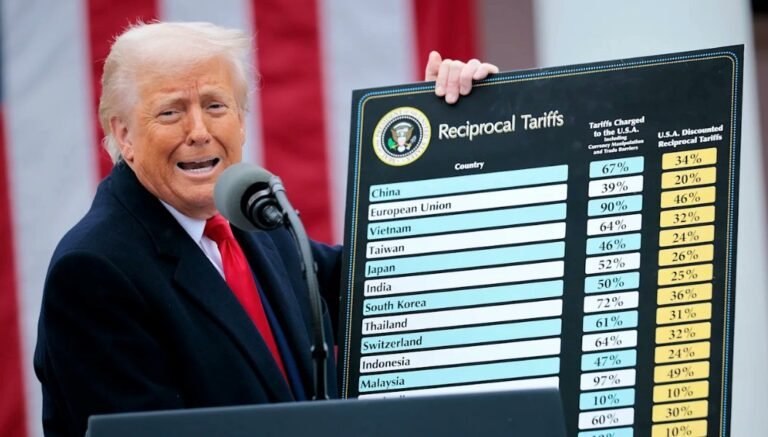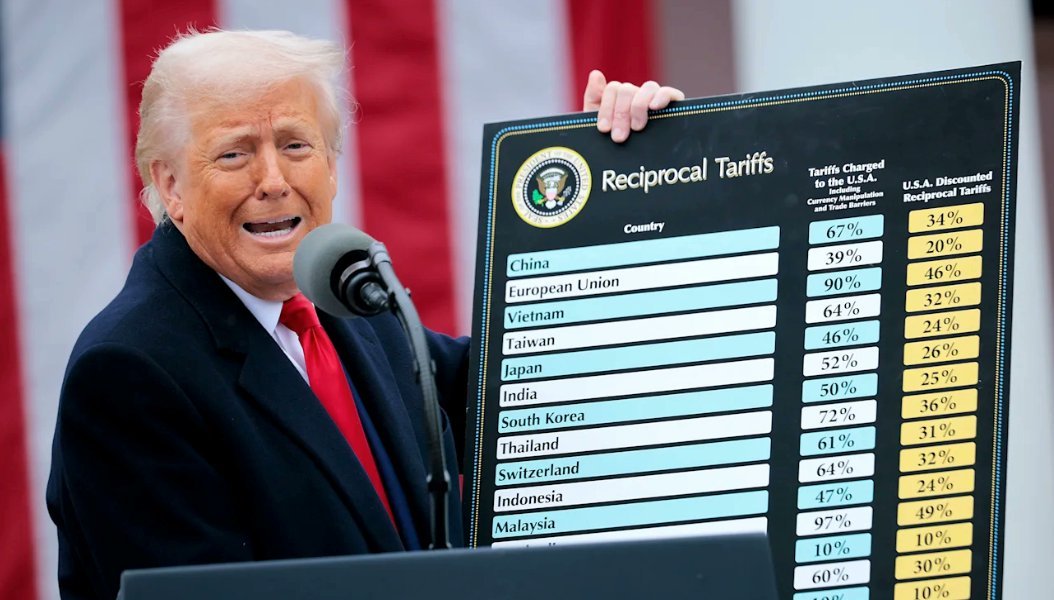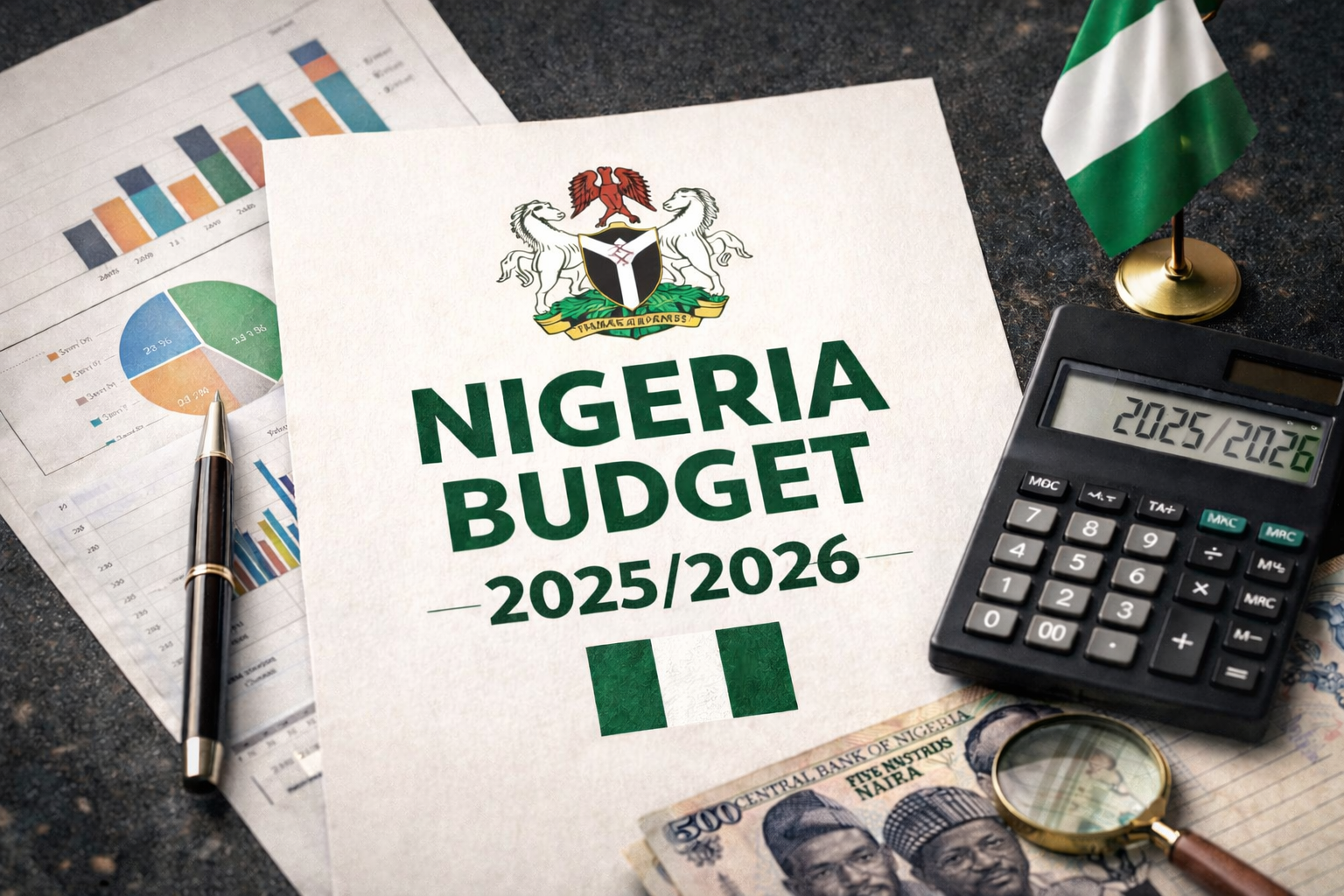The Nigerian Naira achieved its most consistent performance in recent years through targeted Central Bank of Nigeria (CBN) interventions, appreciating approximately 3-4% against the US Dollar from January to September.
The USD/NGN rate declined from around 1,550 in January to approximately 1,496 by mid-September, despite experiencing notable volatility during the February-May period when rates briefly spiked above 1,600.
Here are six recent CBN policies that seem to have brought more stability to the naira.
FX Backlog Clearance
The CBN’s first major intervention involved clearing approximately $7 billion in verified foreign exchange applications, addressing years of accumulated demand.
This decisive action restored confidence in Nigeria’s financial system by eliminating concerns that investors couldn’t access their funds after depositing money into official channels.
The backlog clearance immediately improved market sentiment and encouraged greater participation in official FX markets.
Previously, market participants avoided the formal system due to uncertainty about fund accessibility, creating artificial scarcity and driving demand toward parallel markets.
Diaspora Remittance Reforms
The central bank removed the restrictive 2.5% cap on International Money Transfer Operators (IMTOs) in early 2024, significantly increasing diaspora remittance inflows.
This policy change addressed long-standing complaints from overseas Nigerians who felt penalized for contributing foreign currency to the domestic economy through official channels.
Revised IMTO guidelines further streamlined remittance processes, making it easier for diaspora communities to send money home through formal channels.
The reforms recognized that diaspora workers earning foreign currency deserve competitive exchange rates rather than being forced to accept below-market rates for their contributions.
BDC Reforms
The CBN scrapped approximately 1,200 Bureau de Change (BDC) licenses while simultaneously increasing capital requirements for remaining operators.
This comprehensive reform addressed widespread abuse within the BDC system, where excessive licensing had created opportunities for currency speculation and round-tripping.
Historical patterns showed BDC operators frequently appeared in currency-related investigations, highlighting systemic issues within the sector.
The license reduction concentrated foreign exchange dealings among fewer, better-capitalized operators while eliminating entities that contributed to market distortions.
Electronic FX Matching Platform
The introduction of an electronic FX matching system revolutionized how foreign exchange demand and supply interact in Nigeria’s market.
Previously, large corporations would submit identical FX requests to multiple banks simultaneously, artificially inflating apparent demand figures.
Under the old system, a genuine $6 million corporate demand could appear as $18 million across three different banks, creating phantom pressure on the Naira.
The electronic matching platform consolidated authentic demand and supply on a single platform, providing accurate market signals and eliminating speculative distortions.
Introduction of FX Code
The CBN implemented a comprehensive Nigerian FX Code requiring bank managing directors and compliance officers to personally sign compliance certificates.
This accountability mechanism ensures that banking sector leaders face direct consequences for foreign exchange infractions within their institutions.
The code established clear penalties for non-compliance while creating robust risk management frameworks across the banking sector.
Banks now maintain stricter internal controls and monitoring systems to avoid regulatory sanctions that could impact their leadership directly.
Supply-Side Interventions
Multiple supply-side reforms complemented demand management strategies, including net open position limits capping bank FX exposure at 20% for short positions and zero for long positions.
This regulation forced some banks to offload excessive foreign currency holdings, increasing market supply and reducing speculative hoarding.
The CBN prohibited using foreign exchange as collateral for Naira loans, eliminating artificial demand created by borrowers purchasing dollars solely to secure domestic credit.
Additionally, automatic export proceeds repatriation requirements ensured that foreign currency earnings return to the domestic market promptly rather than remaining offshore indefinitely.
Market Fundamentals Drive Exchange Rate Stability
The Naira’s appreciation reflects improved supply-demand fundamentals rather than temporary interventions or unsustainable policies.
Higher oil production and increased foreign exchange inflows from diaspora remittances and foreign investment provided genuine supply increases that supported currency strength.
Monetary policy tightening attracted additional capital inflows while demand-side reforms reduced pressure on parallel markets by making official channels more accessible.
The elimination of artificial restrictions on legitimate foreign exchange needs, such as medical expenses and educational fees, redirected demand from parallel to official markets, narrowing exchange rate differentials and improving overall market efficiency.


























